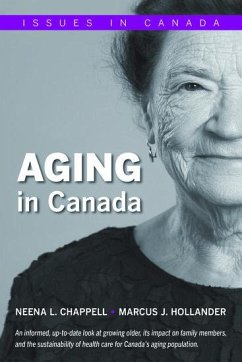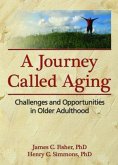Canada, like other countries, is aging. The media has reported on a "grey tsunami," a demographic change reflecting longer life expectancy and the retirement of the so-called baby boomer generation. The numbers and percentages of older adults within our population continue to increase. In 2010, 15.3 percent of Canada's population was over 65; in 2030, it will be 24.1 percent. Many commentators have risen alarm about this flood of adults potentially bankrupting our health care system. This book gives us the facts in a clear, concise, and balanced way. It is true that our population is aging; however, this is not a crisis. We learn that the actual cost drivers are technology, labour, and increased service utilization across all ages-not uncontrollable demographic factors like population growth. The perceived crisis in the sustainability of our health care system should be framed in terms of challenges related to the reorganization and management of health services, particularly for older adults. Cost effectiveness is the key. Two experts on aging review the latest information. They explore topics such as how our health changes as we age and how our health care needs change as a consequence; how the needs of older adults are currently met; and how we can improve in the future. From discussion of informal caregiving to a cost-benefit analysis of continuing care, this fascinating and informative book provides an eye-opening look at the realities of our aging population.
Two experts on aging consider how our health needs change as we age and evaluate our current system of care provision. From definitions of health and well-being to informal caregiving, from a cost-benefit analysis of continuing care to the wide range of options available to help manage our changing needs, this fascinating and informative book provides an eye-opening look at the realities of an aging population.
Two experts on aging consider how our health needs change as we age and evaluate our current system of care provision. From definitions of health and well-being to informal caregiving, from a cost-benefit analysis of continuing care to the wide range of options available to help manage our changing needs, this fascinating and informative book provides an eye-opening look at the realities of an aging population.







